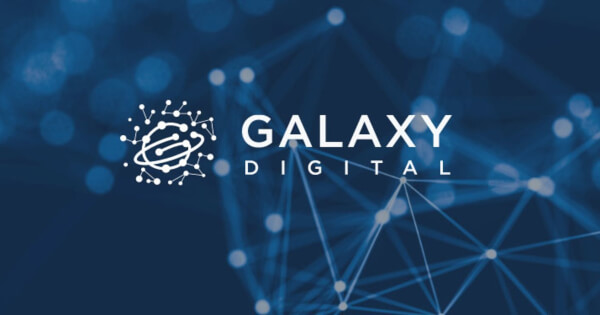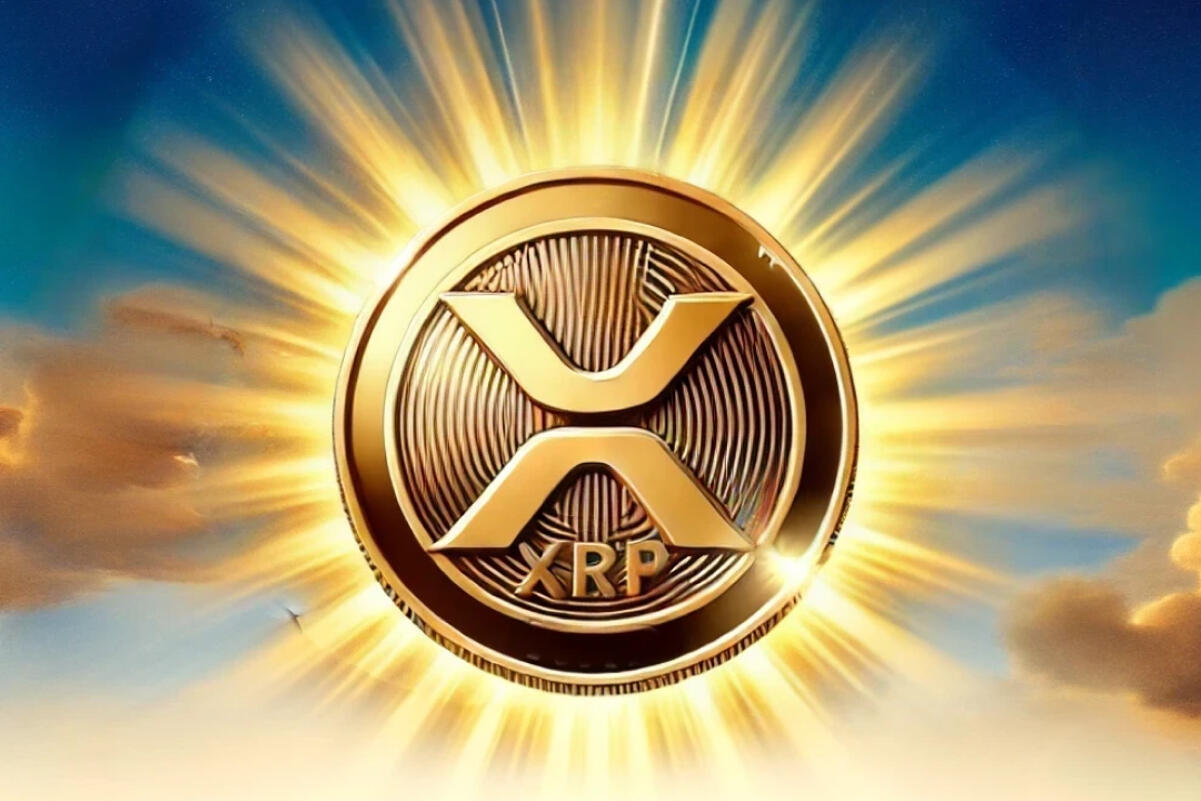A newly published research paper from a team of researchers from Australian and American universities, in collaboration with quantum technology company BTQ, has proposed a new approach to the proof-of-work (PoW) consensus mechanism based on boson sampling.
The proposed proof-of-work system, known as “proof-of-work consensus by quantum sampling,” leverages quantum computing techniques to achieve faster and more energy-efficient validation of consensus.
Traditional PoW algorithms used in, for example, Bitcoin (BTC) are known for their slow processing speeds and high energy consumption, but according to the researchers, their proposed alternative will be significantly more energy-efficient when implemented on quantum hardware.
The paper further claimed that another advantage with the proposed system is that it increases mining difficulty as more quantum mining machines joins the network, thus ensuring a consistent block mining time.
This incentivizes the participation of “quantum miners” in the network, the researchers said.
The paper was shared on Twitter by Peter Rohde, a researcher from the University of Technology Sydney who co-authored it:
Not a new concept in quantum computing
While boson sampling is not a novel concept in quantum computing, its application in blockchain technology presents a unique opportunity.
As a non-universal quantum computing solution, boson sampling has previously been limited to specific industries only.
According to the researchers, however, the technique could be the ideal solution for future-proofing blockchain networks and reducing the energy consumption of mining.
The researchers explained that quantum hardware possesses an inherent advantage over classical supercomputers in the context of blockchain mining, given its potential to validate consensus more efficiently than classical hardware.
The proposed fusion of quantum computing and blockchain technology opens up new possibilities for the future of cryptocurrencies and decentralized systems, they said, while noting that this could pave the way for faster, more secure, and environmentally friendly blockchain networks.
Credit: Source link















































